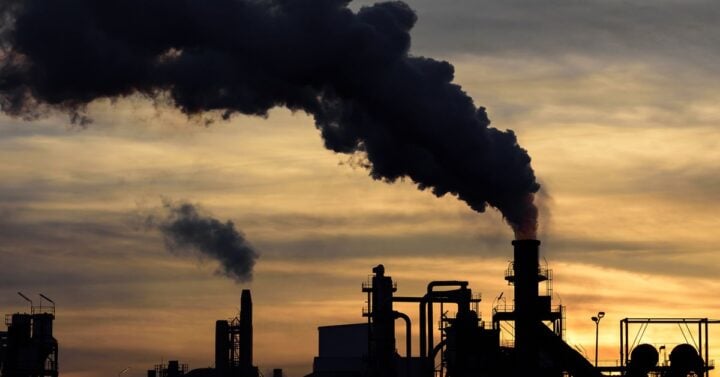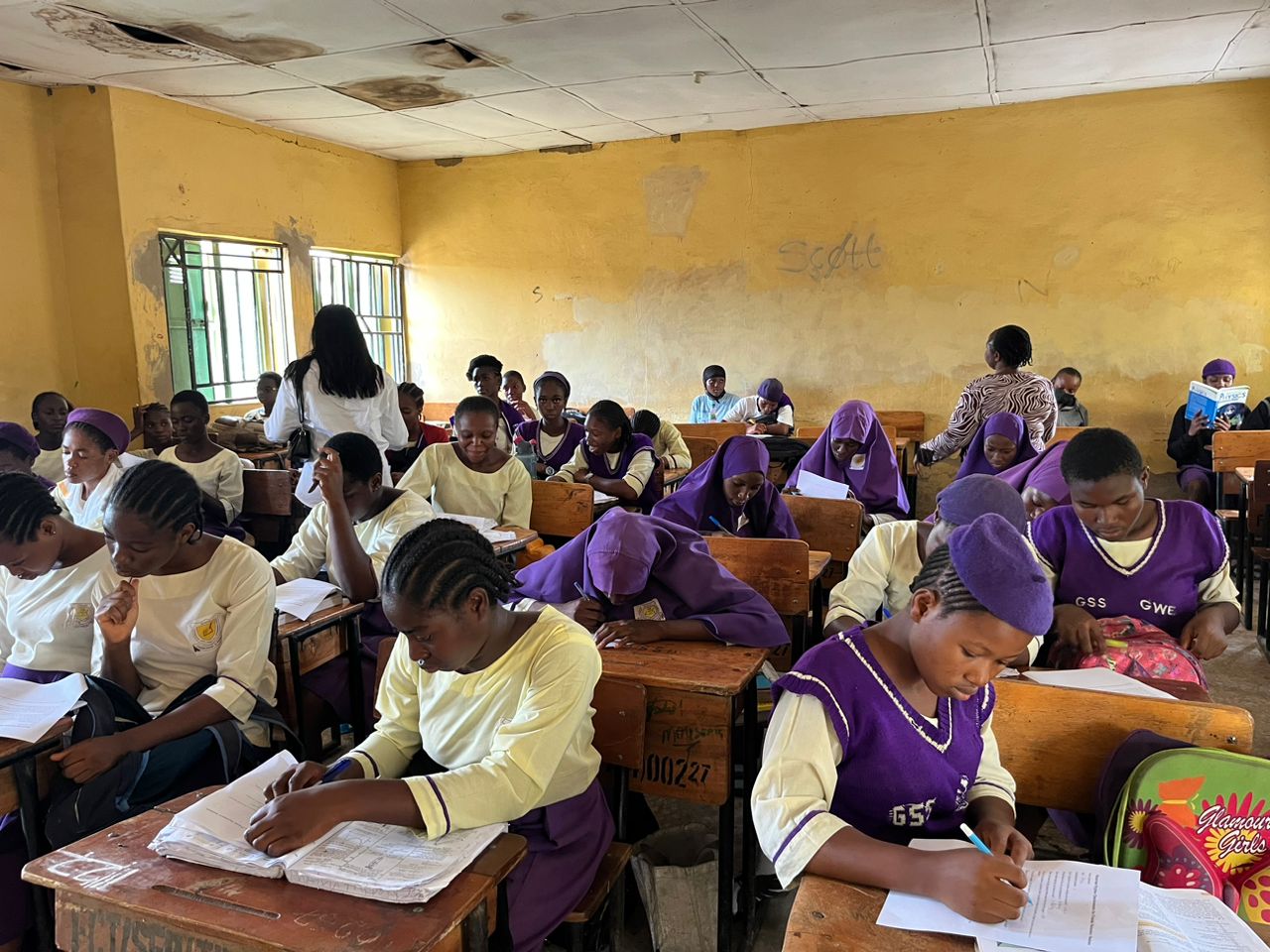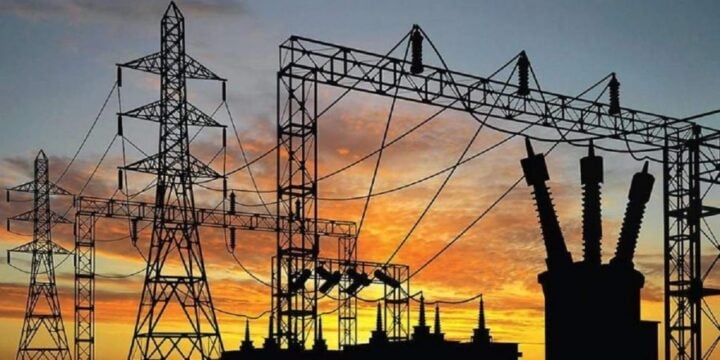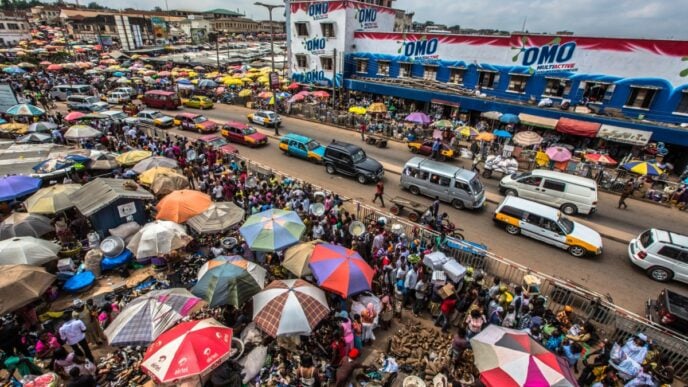Carbon emission
BY MIDE ALABI
In October 2022, devastating floods displaced over 1.4 million Nigerians, destroyed hundreds of thousands of hectares of farmland, and claimed more than 600 lives. These floods, one of the worst in decades, were not an isolated incident. Across Africa, droughts, heatwaves, coastal erosion, and other climate-related disasters continue to destroy livelihoods. Yet the continent contributes less than 4% of global greenhouse gas emissions.
This is the paradox at the heart of the climate crisis: Africa, already struggling with poverty and underdevelopment, is among the regions worst affected by climate change but bears little responsibility for it. Nigeria, the continent’s largest economy and most populous country, contributes roughly 1% of global emissions. By contrast, China accounts for about 30%, the United States 14%, and the European Union 8%.
The data is clear, but the international debate is not. Should Africa be expected to bear the same burden in the fight against climate change as countries that have contributed the most to it?
Advertisement
This article was primarily prompted by a conversation I had with an old colleague who works at a multinational Non-Governmental Organization (NGO) focused on promoting Sustainable Development Goals (SDGs). We spoke about a number of things, and while we did agree on a number of those things, we couldn’t find a common ground when it came to this issue in particular, and I would like to present my line of thought in this article.
A Global Crisis, Unequal Responsibilities
Climate change is a defining challenge of our time. Rising global temperatures are triggering extreme weather events, disrupting food production, worsening health outcomes, and displacing millions. But the burden of addressing it must be shared fairly.
Advertisement
The principle of “common but differentiated responsibilities,” enshrined in international climate agreements, recognises that while all nations must act, the weight of action should fall more heavily on those who bear the greatest historical responsibility. Developed countries industrialised long before Africa, reaping enormous economic benefits from fossil fuels in the process.
Yet in today’s global climate discourse, this principle is often forgotten. Wealthy nations are setting ambitious emission reduction targets and encouraging others to do the same, often without acknowledging the vast differences in capacity and context.
Why Africa Cannot ‘Lead’ at All Costs
The idea that Africa should match the pace and scale of emission cuts in industrialised nations is unrealistic and unfair. More than 56% of Nigerians live below the poverty line. Our economy still depends heavily on oil and gas, not just for energy, but also for the revenue that sustains healthcare, education, and infrastructure.
Advertisement
To shut down fossil fuel use abruptly without affordable alternatives would cripple economic growth, worsen poverty, and deny millions access to reliable electricity. Developed countries can afford to accelerate their transitions because they already have strong economies, advanced technologies, and social safety nets. Africa does not.
World leaders in Washington, Brussels, and Beijing can announce massive cuts in their carbon emissions because they have the resources, technology, and infrastructure to back up their ambitions. African countries are still fighting for basic electricity access in homes and hospitals.
We cannot afford to be punished for the sins of others. That is why Nigeria and other African countries must demand fairness at international climate negotiations. We must insist that developed nations stop imposing conditionalities on aid and loans that require unrealistic energy transitions.
Instead, they should work with us to build renewable energy systems, strengthen our economies, and help us prepare for a future where the effects of climate change are already locked in.
Advertisement
Fossil fuels are not forever, and truly, Nigeria must diversify its economy and develop greener energy systems. But we cannot do so at a pace that undermines development.
Cutting emissions too aggressively now, without viable alternatives, would worsen poverty and inequality. Millions of Nigerians already live without consistent access to electricity. For them, the priority is not decarbonisation targets but survival.
Advertisement
It is important to me that this is not seen as an argument for inaction. It is a call for climate justice: a fair approach that recognises our different starting points.
What Africa Should Prioritise
Advertisement
Africa must take climate change seriously, but our focus should be tailored to our realities. There are four priorities we cannot afford to ignore:
-
Adaptation: We must build infrastructure resilient to extreme weather, improve water management systems, and prepare our communities for the inevitable impacts of climate change.
Advertisement -
Sustainable Development: Africa’s economies need to grow, but growth must not come at the expense of our natural resources. We must invest in industries that create jobs and lift people out of poverty while preserving our environment.
-
Climate Finance: Developed nations must honour their commitments to fund adaptation and mitigation efforts in vulnerable countries. They bear the historical responsibility for emissions and must support Africa with financing and technology.
-
Local Solutions: Renewable energy sources like solar and wind are well-suited to Africa’s geography and could bridge the energy access gap in rural communities. But these investments must be scaled up significantly.
Climate Justice for Africa
Climate change is a global crisis that demands global solutions. But those solutions must be rooted in justice. Africa is already paying a heavy price despite its minimal role in creating the problem.
The world must recognise that the fight against climate change cannot succeed without fairness. Developed nations, who have enjoyed the benefits of industrialisation, must carry the greatest burden. They must provide the finance, technology, and support that vulnerable nations like Nigeria need to adapt and grow sustainably.
We must chart a balanced path: meeting our current energy needs while laying the foundation for a cleaner, more sustainable future. This means investing in renewable energy, building robust infrastructure, and diversifying our economies away from oil dependency. But it must also mean refusing to accept unrealistic expectations that could hold us back.
Africa deserves partnership, not blame. Climate action must uplift, not undermine, our development. If the world is serious about solving this crisis, it must start by ensuring that the most affected regions are not asked to sacrifice the very progress they are struggling to achieve.
Mide Alabi, Esq, can be contacted via [email protected]
Views expressed by contributors are strictly personal and not of TheCable.









